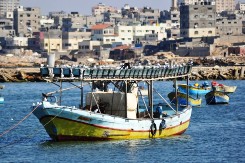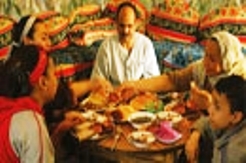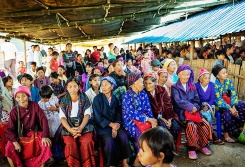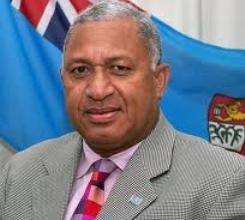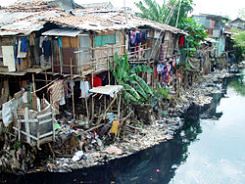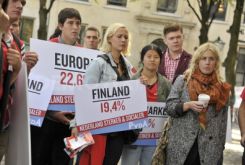By Jaya Ramachandran | IDN-InDepth NewsAnalysis
BERLIN (IDN) – Forty-nine of the world’s poorest and most vulnerable courtiers spanning across Asia-Pacific, Sub-Saharan Africa and the Caribbean are no longer threatened by a modern-day Damocles’ sword – not until July 1, 2021 at least. The group known as the least-developed countries (LDCs) can in fact request further extension of the waiver on abiding by the Trade-related Aspects of Intellectual Property Rights (TRIPS).


